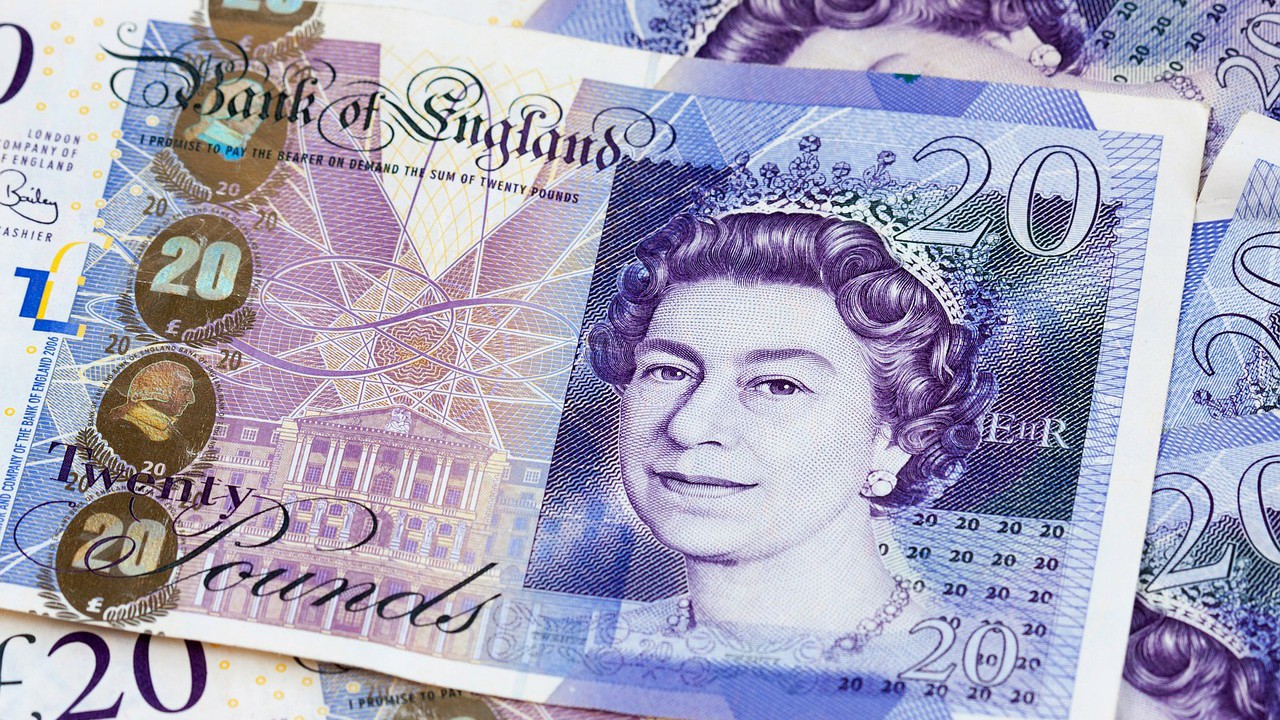Comments made by George Eustice on the BBC regarding tariffs have angered Scottish farmers and crofters ahead of a crucial week of trade talks between the UK and the EU.
The comments, made by Secretary of State for Environment, Food and Rural Affairs George Eustice MP, were regarding the potential impact of tariffs should the UK and the EU fail to negotiate a free-trade agreement (FTA).
Also Read: ‘Dairy farmers will not be affected by potential 35% tariffs on goods’ – EusticeSince 2016, NFU Scotland has made it clear that a Brexit outcome which results in the imposition of tariffs on exports would be the worst-case scenario with a significant impact to farm income.
Throughout the last four years, NFU Scotland has spoken of the impact to farm profitability should a ‘no-deal’ outcome arise.
Similar warnings have come from many associations, businesses federations and organisations which represent the UK agri-food sector.
Impact of tariffs
The position of NFU Scotland has been supported by economic modelling from government agencies and independent bodies.
In its modelling, the Agriculture and Horticulture Development Board (AHDB) has illustrated the impact of tariff imposition.
On sheepmeat, the AHDB said:
“In a ‘no-deal’ scenario, the UK would be subject to EU third-country tariffs on sheepmeat imports under WTO [World Trade Organization] rules, which would make it uneconomical for the UK to supply sheepmeat to the EU.
As a result, higher supplies of sheepmeat on the domestic market will put downward pressure on UK prices. Market access with tariffs to the EU and non-EU countries is likely to be difficult, based on the competition from top exporters, Australia and New Zealand.
On dairy, AHDB said:
“Under a ‘no-deal’ scenario, the UK would [also] be subject [to these] tariffs, which is likely to reduce the competitiveness of British products on the European market.
“With 91% of dairy-product exports destined for the EU, this would significantly impact the UK dairy industry.”
On potatoes, the AHDB added:
For crisp imports, the EU imposes a WTO MFN [most favoured nation] third-country tariff of 14.1%. This could have a considerable impact on UK crisp exports, given that the majority are shipped to the EU market. To remain price-competitive on the export market, domestic crisp prices may have to fall.
Commenting on the minister’s interview, NFU Scotland President Andrew McCornick said:
“Failure to recognise the huge impact that imposition of tariffs under a ‘no deal’ would have on many agricultural sectors has caused significant anger and frustration in what potentially is a landmark week for negotiations.
“The minister’s remarks ignored the commonly held understanding of the impact that a “no-deal” outcome would have on the thousands of farming and food businesses across the UK.
“Suggesting that in the event of ‘no deal’, sheep producers could simply ‘diversify into beef’ to protect themselves from market disruption showed a lack of understanding of sheep production in much of Scotland.”
‘A no-deal outcome’
McCornick continued:
“It should have been obvious to the minister that sheep farmers, who will be hammered by ‘no deal’, cannot simply avoid this outcome by diversifying into another sector of production by January 1, 2021.
In this crucial week, we have written to the minister about his statements asking him to provide urgent clarity to farmers, crofters and growers that the Westminster government fully recognises the potential impact of a ‘no-deal’ scenario – and to remind them that the government must do all it can to agree a deal that would avoid the imposition of tariffs on our exports.
“If a deal cannot be reached then support must be made available to farming businesses which have their incomes impacted as a result of any arising disruption caused – we have received commitments from the UK government on this in the past and I hope these commitments still stand,” he concluded.

